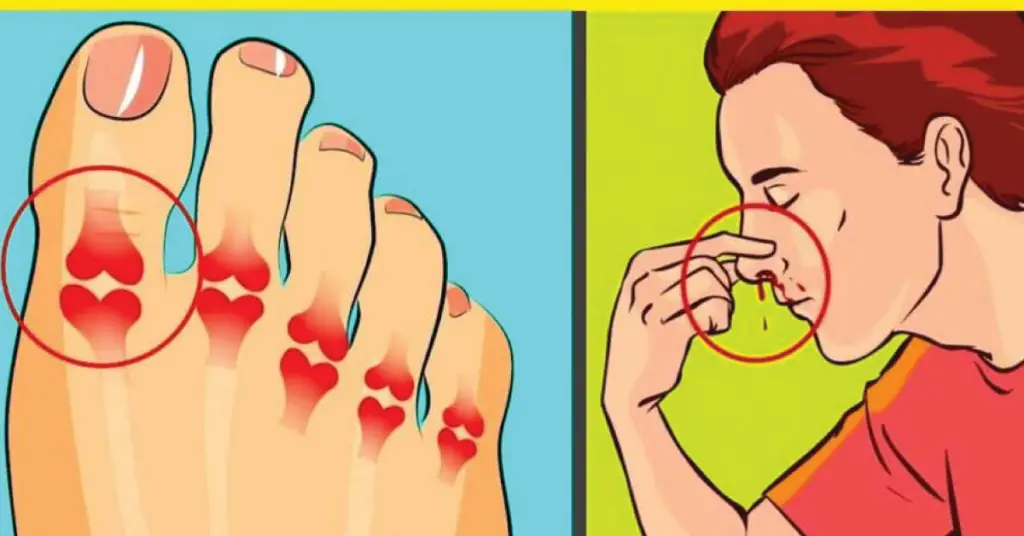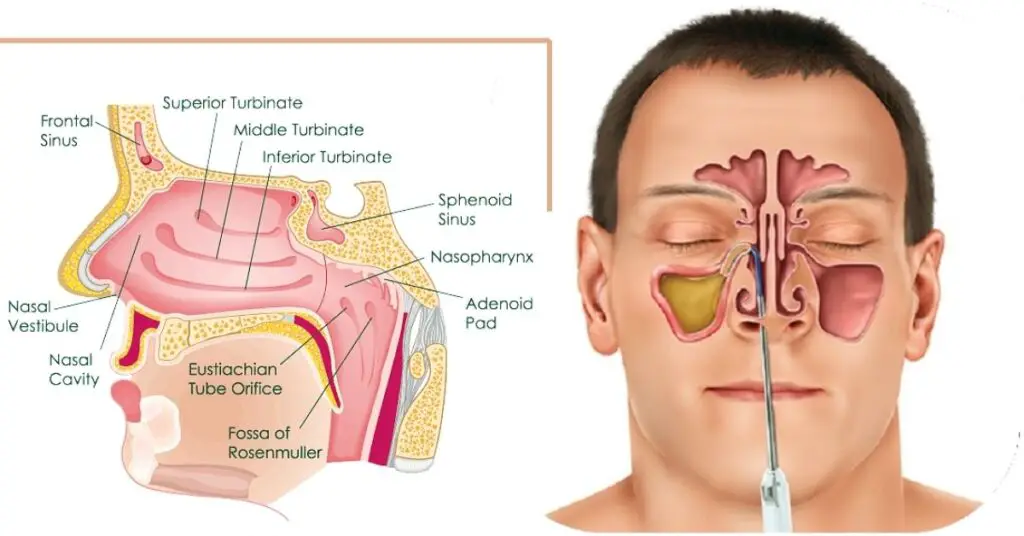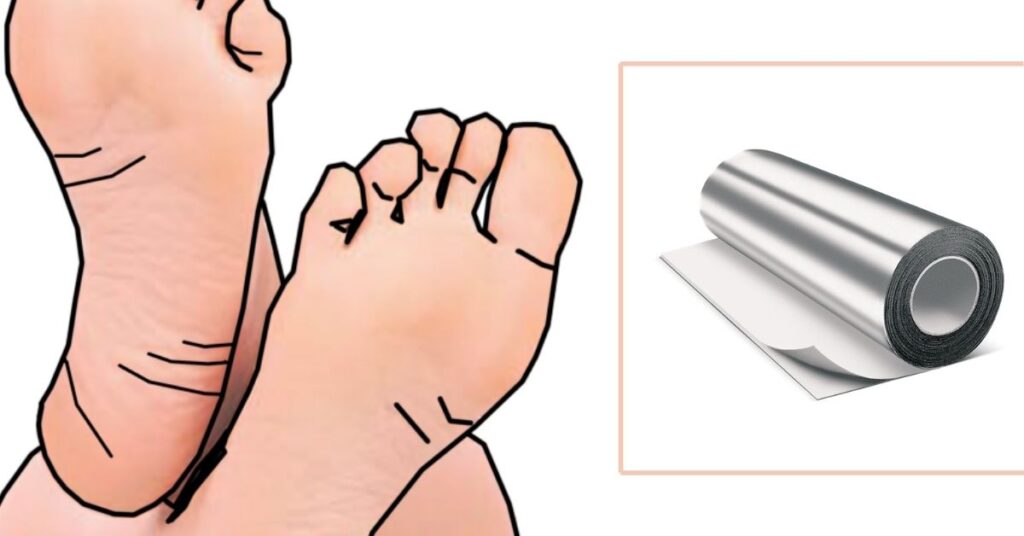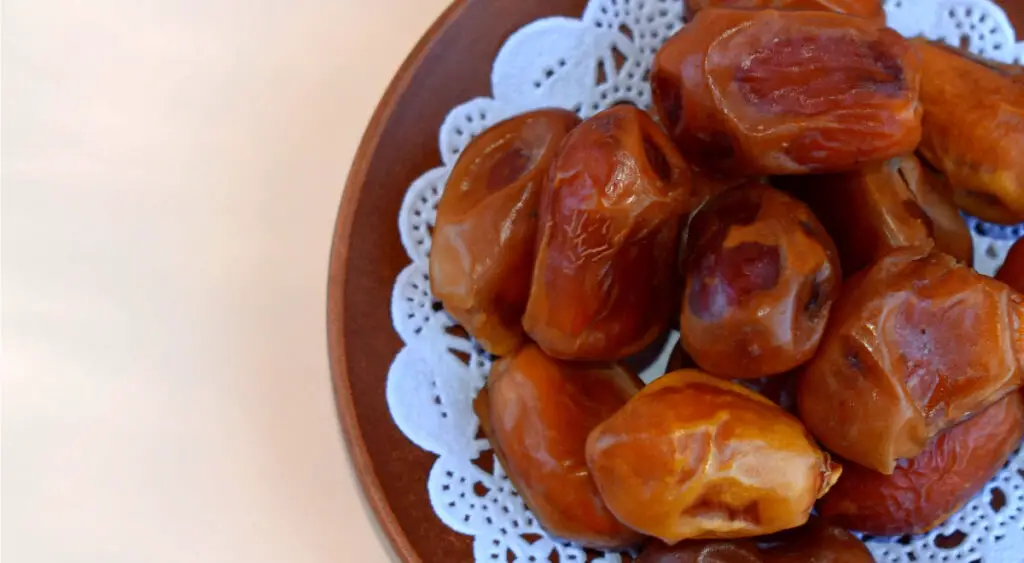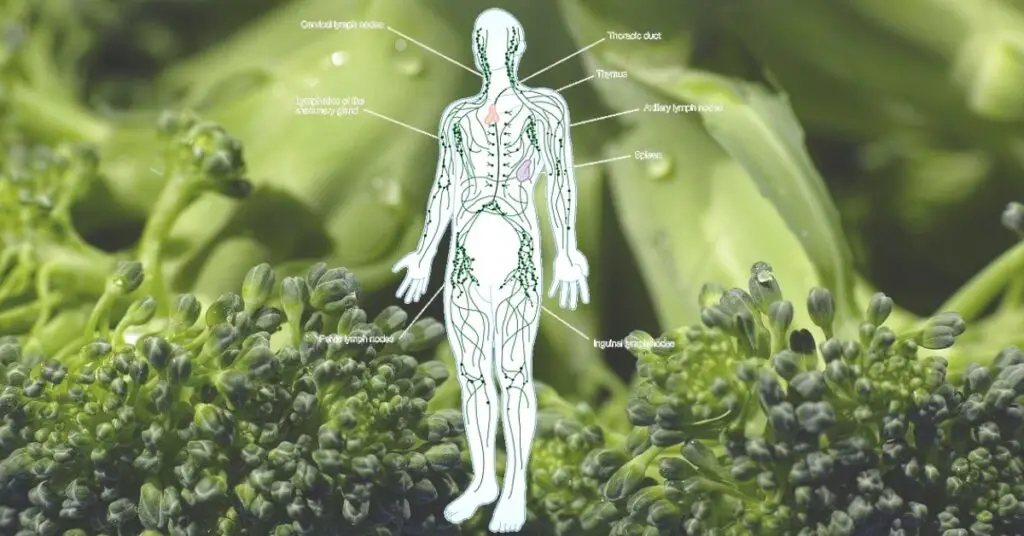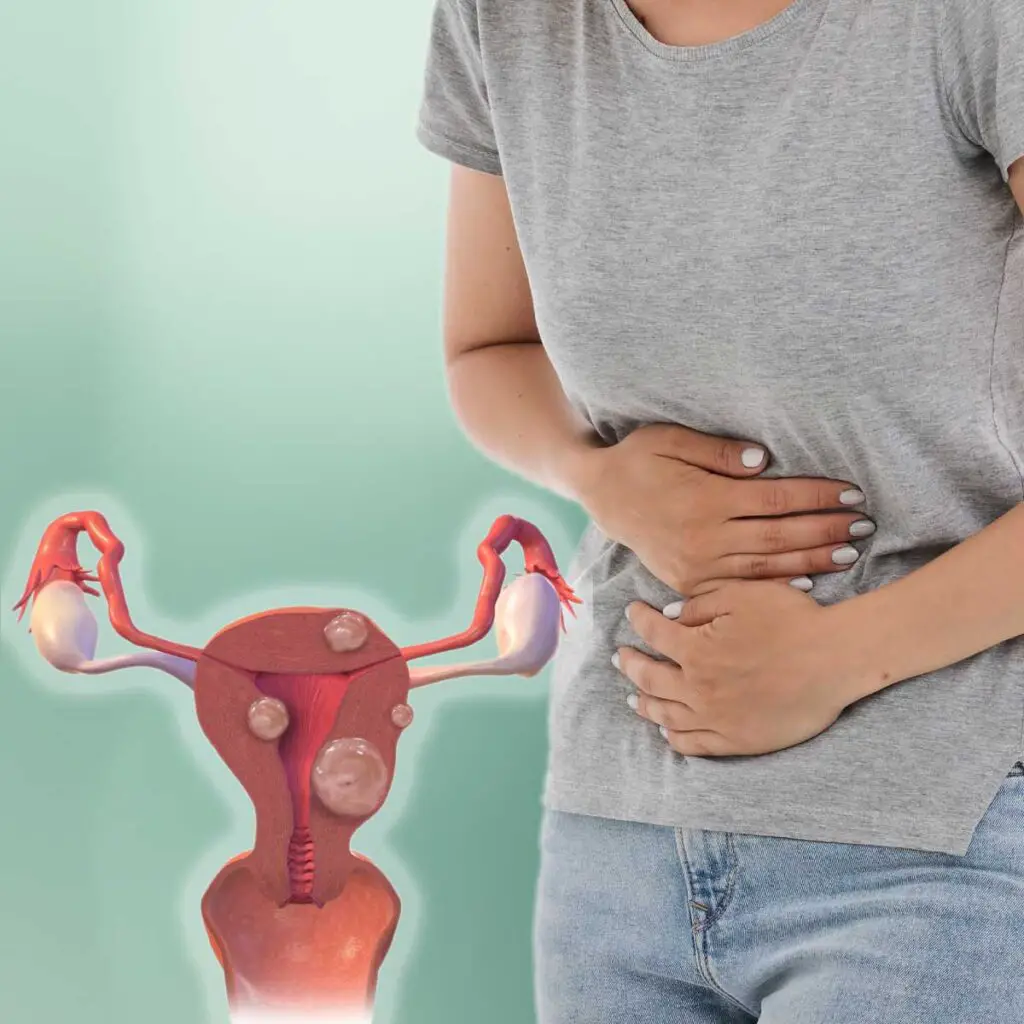Vitamin C and D often get the most attention from the media, which is completely wrong. While important, there are other nutrients out there that should get the same, if not bigger attention. One of them is vitamin K. A fat-soluble vitamin that helps our body process vitamin D and calcium, it is important for our heart function, bones, and overall health.
Lack of vitamin K has been associated with a variety of health problems. Some of them include bone pain, slow wound healing, and abdominal pain too. It’s an essential nutrient for a variety of processes in the body, so it’s vital to add more of it in our diet.
What’s Vitamin K Good for?
As mentioned earlier, vitamin K is key for our body’s vitamin D and calcium processing. Without vitamin K, the human body can’t move key nutrients between its cells. What you should know is that vitamin K comes in many different forms, and K1 and K2 are the most important. Both have different roles in our bodily processes, so we should get more of it in our every day diet.
Vitamin K1
Also known as phylloquinone, vitamin K1 plays a major role in blood clotting. To put it simply, it’s vital for our body closing wounds fast and properly. Lack of vitamin K has been associated with slow healing of wounds, which can be a problem, especially for tiny damage to our organs. At the same time, studies have found that lower levels of vitamin K are consistent with the development of non-Hodgkings lymphoma.
Vitamin K2
Vitamin K2 plays a lead role in our body’s processing of both calcium and vitamin D. Known as menaquinone, this is the vitamin our body needs to move the two other nutrients in our cells. It lowers the risk of coronary heart disease and abnormal calcium deposits which can lead to a variety of health problems.
The Signs of Vitamin K Deficiency
How do you know if you’re suffering from lack of Vitamin K? Well, the signs are obvious if you take a look at them. Unfortunately, there’s no lab test that can prove it, but you can spot it if you’re suffering from osteoporosis, heart disease, or diabetes. While it’s not the primary culprit for these diseases, lack of vitamin K has been associated with each of them.
Of course, if small cuts and wounds are healing slow, then it’s quite obvious that you’re suffering from lack of vitamin K. In this case, you need to boost your levels of the vitamin, and that’s best done naturally via foods.
Best Sources of Vitamin K
Vitamin K1 is found in dark green leafy vegetables such as cabbage, kale, Swiss chard, broccoli, and collard greens. You can prepare these plants in many ways and create delicious dishes that will give your vitamin K1 levels a boost.
When it comes to vitamin K2, it can be found in grass-fed beef and poultry, eggs, butter, and cheese. This vitamin is essential for our blood vessels, bones, and tissues, so it’s essential to include more of it in our diets.

